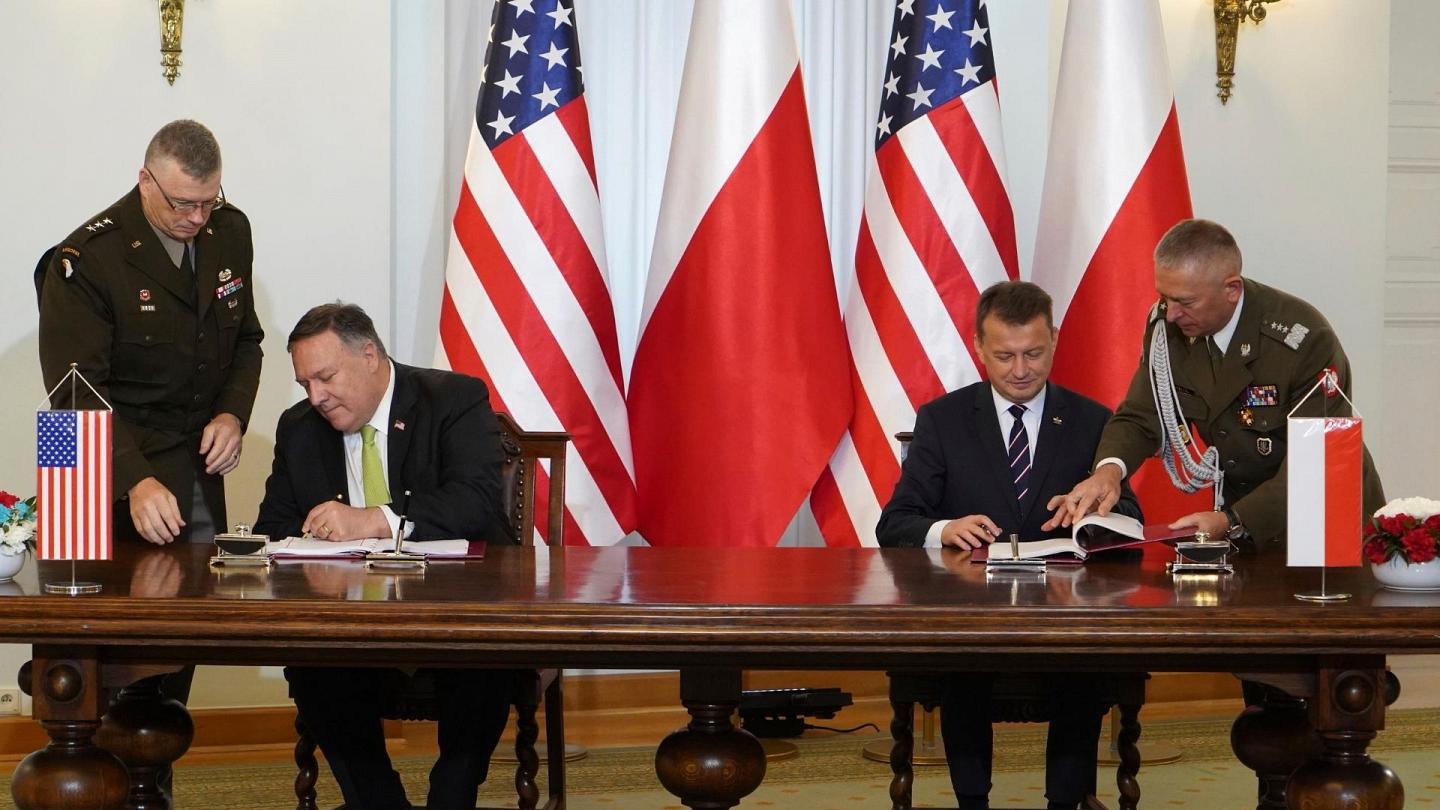One of the main propaganda themes of President Donald Trump during his frequent trips to Europe ever since he entered the White House in January 2017 has been criticizing NATO member states for failing to spend 2% of their GDP on defense and military issues. In particular, Trump has sharply criticized Germany as Europe’s largest economy and the most important country in the European Union and NATO.
The Germans currently spend about 1.3 to 1.4 percent of their GDP on defense. Of course, Berlin has repeatedly promised to increase this to two percent, but in practice it has not yet done this. That is why it was almost two months ago that the President of the United States suddenly announced that he would lower the number of American troops in Germany from 34,000 to 22,000. The Pentagon later raised the issue, with Secretary of Defense Mark Esper announcing that some of the troops would return to the United States and that some would be relocated to other European countries, including Italy, Poland and the Baltic republics.
But it seems that the main goal of the United States, which, of course, was fulfilled under the pretext of Germany’s failure to stick to its defense commitments, is basically to increase the number of its troops in Eastern Europe, especially in the Baltic states of Latvia, Lithuania and Estonia, as well as Poland. It serves as a barrier between the West and Russia. The Poles are deeply afraid of Russian threats, especially after the Ukraine crisis, given their experiences during World War II that a tacit agreement was reached between Stalin and Hitler over the partition of Poland. Therefore, the Poles seek to increase security guarantees, especially to boost the presence of NATO forces in the country.
The United States, as the most important member of NATO, which, of course, pursues its own interests and goals from the siege of Russia and increasing confrontation with this country, aligns its goal with Poland, and we see that at least 1,000 to 1,500 of American troops will be transferred to Poland. In fact another part of the American forces will be present in Poland on a rotating basis. Washington’s move has provoked reaction from Russia, and the Kremlin has warned the United States in this regard.
Recently, Russian Foreign Minister Sergei Lavrov stressed that NATO seeks to increase confrontation with Russia and expand Eastward. This raises Moscow’s sensitivity to the West’s real intentions and reveals the reasons for the growing military presence, the strengthening of the military, and the growing trend of heavy military equipment depots in the Baltic states and Poland.
It is now clear that it is the Americans who have provoked Russia and increased confrontation with Moscow in Eastern Europe. Perhaps one of the goals of the United States is to divert Moscow’s attention to Russia’s western borders, forcing the Russians to devote a significant portion of their forces and equipment, as well as their military budget, to the western borders. The Americans had a similar approach to the Soviet Union earlier in the Cold War and tried to destroy the Soviet economy by creating a massive arms race, which they succeeded to do.
Of course, this US move, which means increasing the number of troops in Poland, must be analyzed along with other measures, especially withdrawal from the Intermediate-Range Nuclear Forces Treaty or INF; because these cases together indicate that the United States has a hand in the development and deployment of short-range and medium-range missiles equipped with low-power nuclear warheads. At the same time, it is speculated that the United States may deploy short- and medium-range missiles in countries such as Poland or the Baltic republics, which pose a direct threat to Russia’s national security, in the not-too-distant future, given that it is not subject to the restrictions of the INF. This, of course, will provoke a backlash from Russia, although the Russians have for several years, in response to the US deployment of anti-missile systems in Poland, deployed Alexander missile systems in two types of cruise and ballistic missiles in the Kaliningrad region, an area remote from Russia and near Poland. In general, the US military action in Europe seems to be one that will increase Russia’s presence and provoke reciprocal reactions. Undoubtedly, this strategy of the Trump administration will not be in the interest of European security and international security.










0 Comments